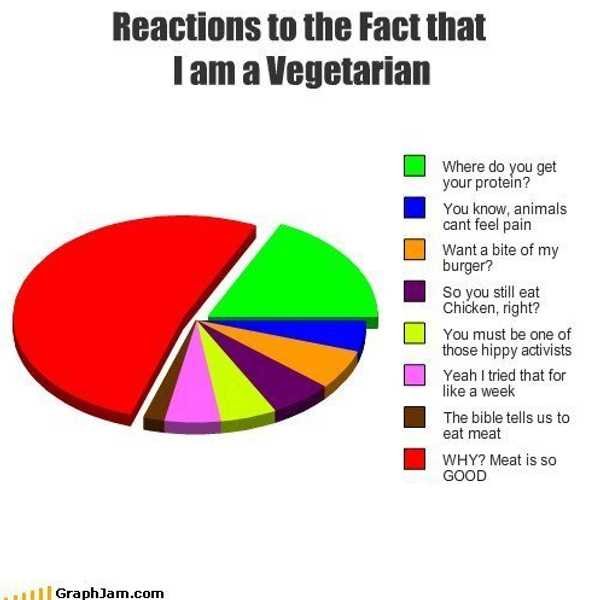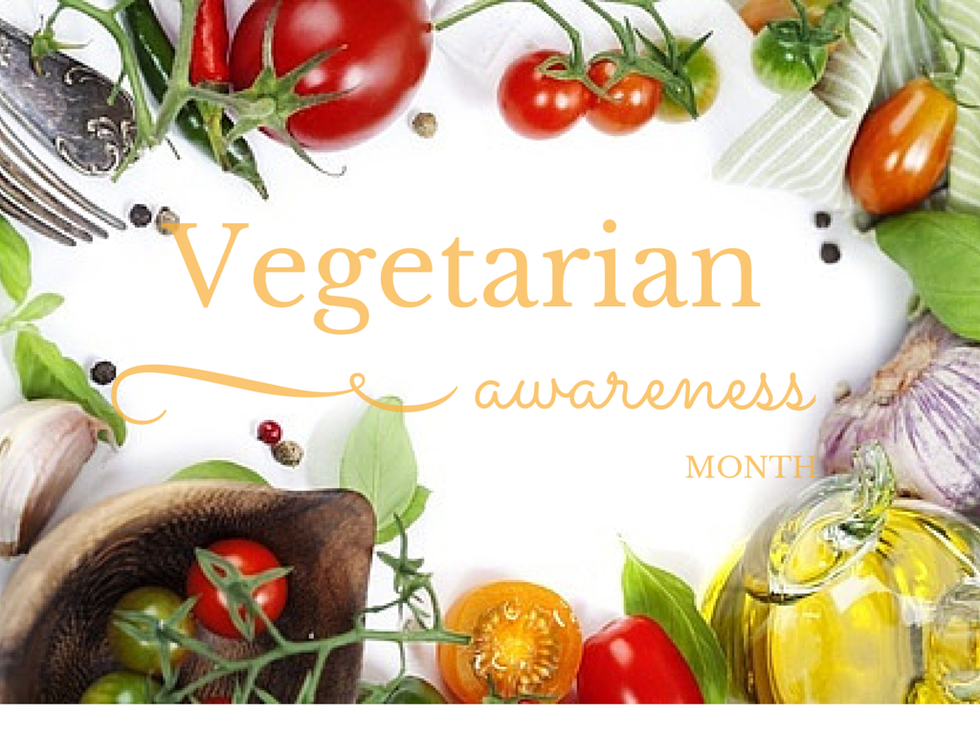October is Vegetarian Awareness month and in light of this time, it’s appropriate to discuss some facts about the meat industry in the United States. Many people choose to eat grass-fed beef and free-range chicken in hopes of eating healthy, humanely, and sustainably. However, many people who make these mindful decisions to do what’s “right” for the environment and their bodies are sadly deceived by misleading labels and not enough information.
Free-range chicken isn’t as free range as you may think. If chickens have “government certified access to the outdoors” they can be considered free range. This means that as long as a shelter allows chickens to go outside, even if it’s only for five minutes, these chickens can be considered free range. Pete and Gerry’s Organic Eggs, located in New Hampshire, exemplifies misleading labels. These were the kind of eggs my family bought because they were labeled “humane," “free-range," and “cage-free," all things we believe that an animal product should be. It was horrifying and shocking to research accounts of the farms, and the terrible treatment of the chickens there. Accounts said, “visitors were shocked to find 100,000 debeaked hens crowded into five 400 ft. long sheds, each holding ‘a sea of 20,000 brown hens.'" When I read the accounts of debeaked baby chicks and the obviously inhumane treatment of chickens, I was so upset that I was completely misled.
When it comes to “grass-fed” beef, the conditions are eerily similar to those of the chickens. Beef can qualify as grass feed even if all the cows are fed is hay and they stay indoors. The cows can also be given hormones and antibiotics.
As a consumer, I believe we have the right to know where our food comes from. The purpose of education about these issues is not to turn people into vegetarians or vegans. People need to be educated about the realities of the meat industry because everyone should have the right to make their own informed decisions. In a culture where it is common to eat meat and not think twice about it, none of this information is readily available unless you search for it. Even people who make an effort to buy “humane” meat are being fooled. Consumers have the right to know exactly what they are getting, and meat and chicken should be labeled accordingly. We shouldn’t have to research our groceries before we buy them to know whether or not they are actually what they claim to be.
Vegetarian Awareness Month is not about recognizing people who decided to give up meat, it's about the reasons behind that decision. So, next time you hear someone say they are a vegetarian, ask them why. Maybe it’s because they don’t like meat, want to be healthier, or they want to help the environment. In some cases, they will be able to explain to you some of the things I've talked about and tell you the benefits of being meat-free.





















